Brian Asamoah II first started playing football at 6 years old.
Since then, there's only been one year the Vikings linebacker didn't spend most of his waking hours on the gridiron.
That was in 2010, when Asamoah spent a full year living with his uncle in Ghana. He was just 10 years old at the time, and he traveled to Africa to stay with his dad's brother, a pastor, and immerse himself in the Ghanaian culture.
View photos of Vikings LB Brian Asamoah II coaching athletes at a football camp in Africa.

LB Brian Asamoah II

LB Brian Asamoah II
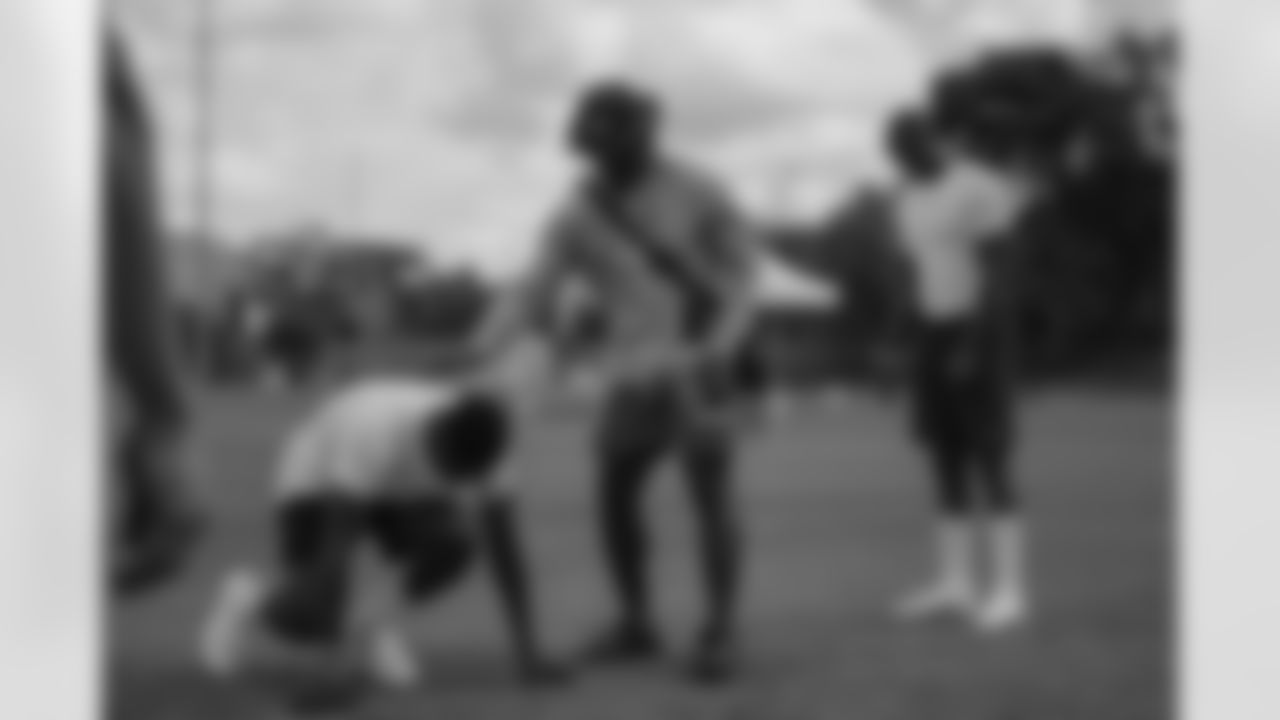
LB Brian Asamoah II

LB Brian Asamoah II

LB Brian Asamoah II
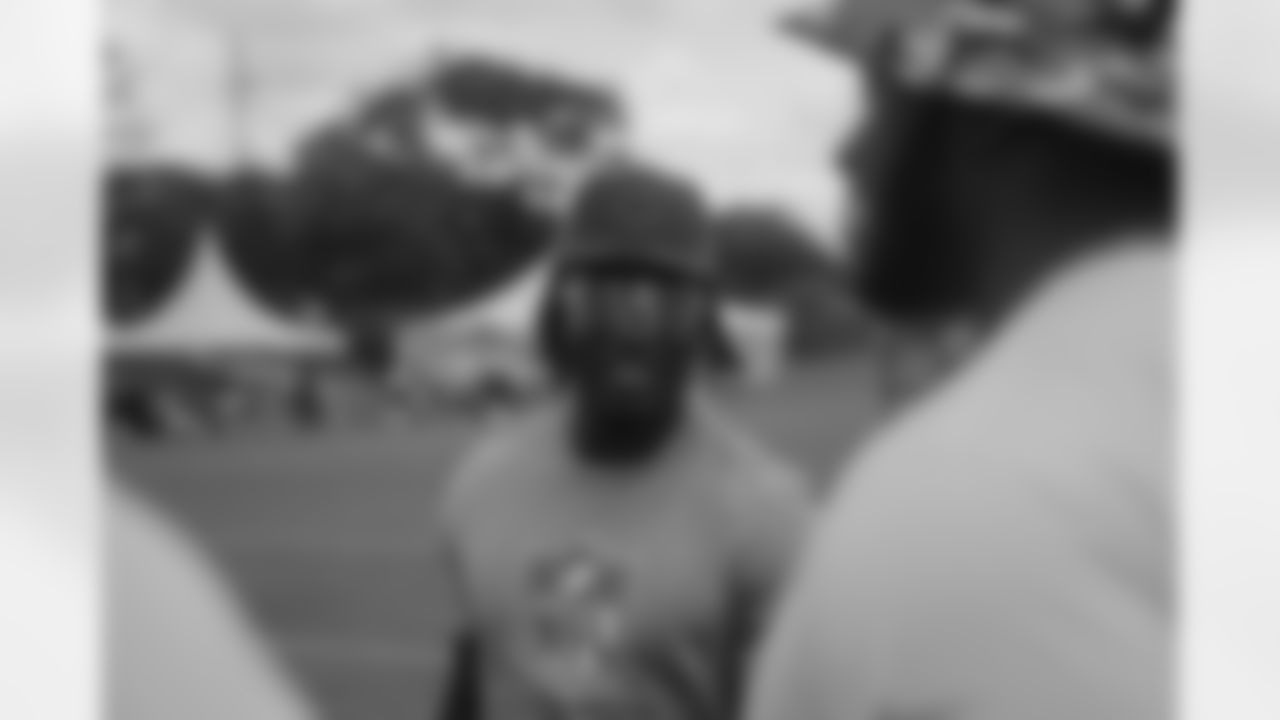
LB Brian Asamoah II

LB Brian Asamoah II

LB Brian Asamoah II
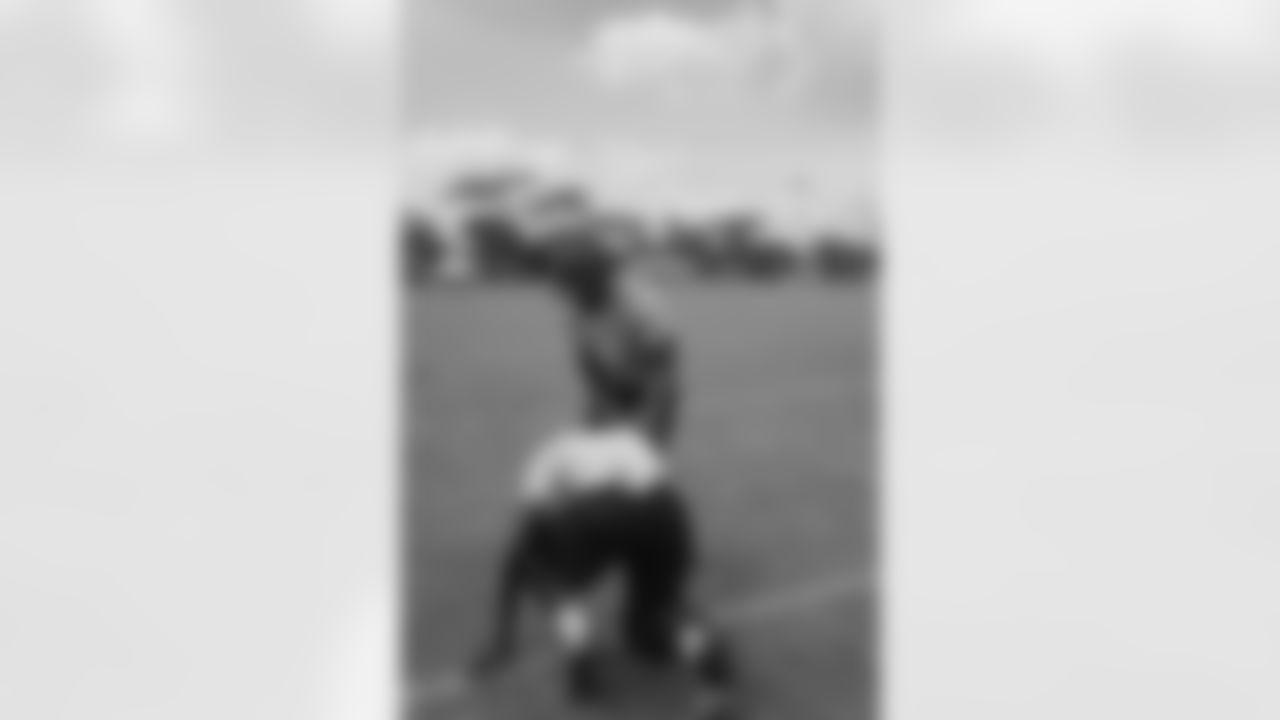
LB Brian Asamoah II

LB Brian Asamoah II
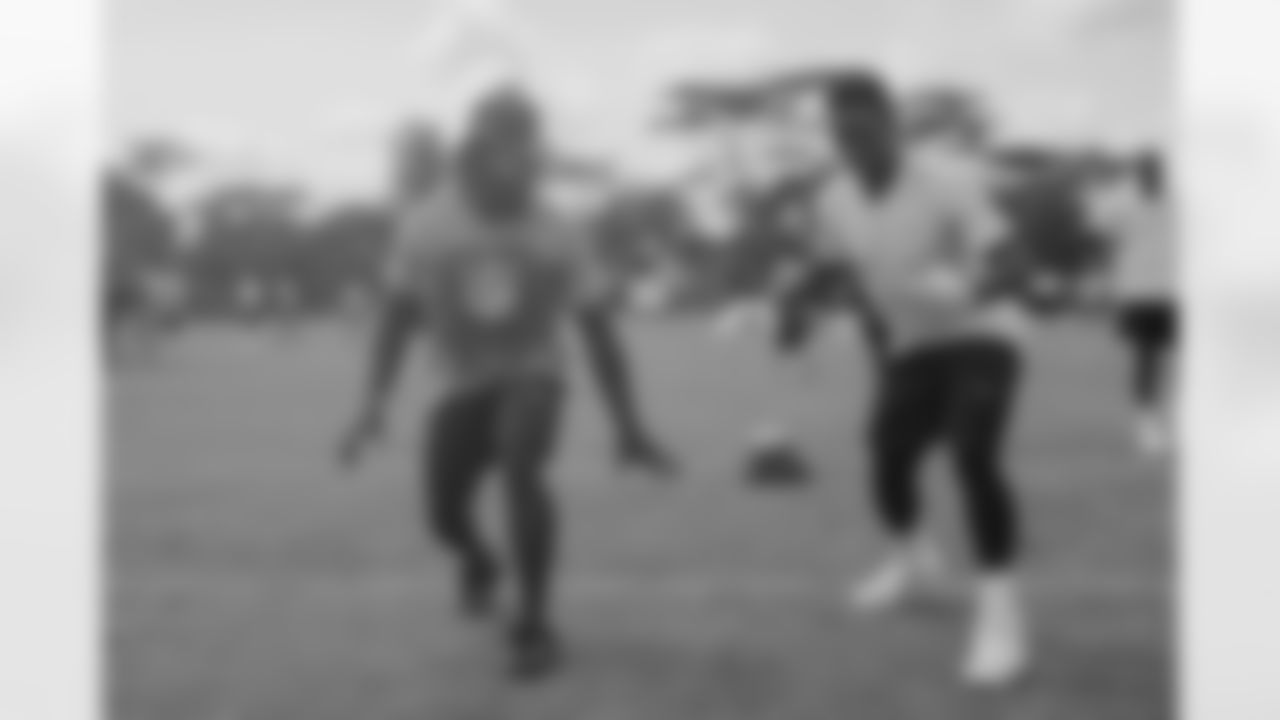
LB Brian Asamoah II
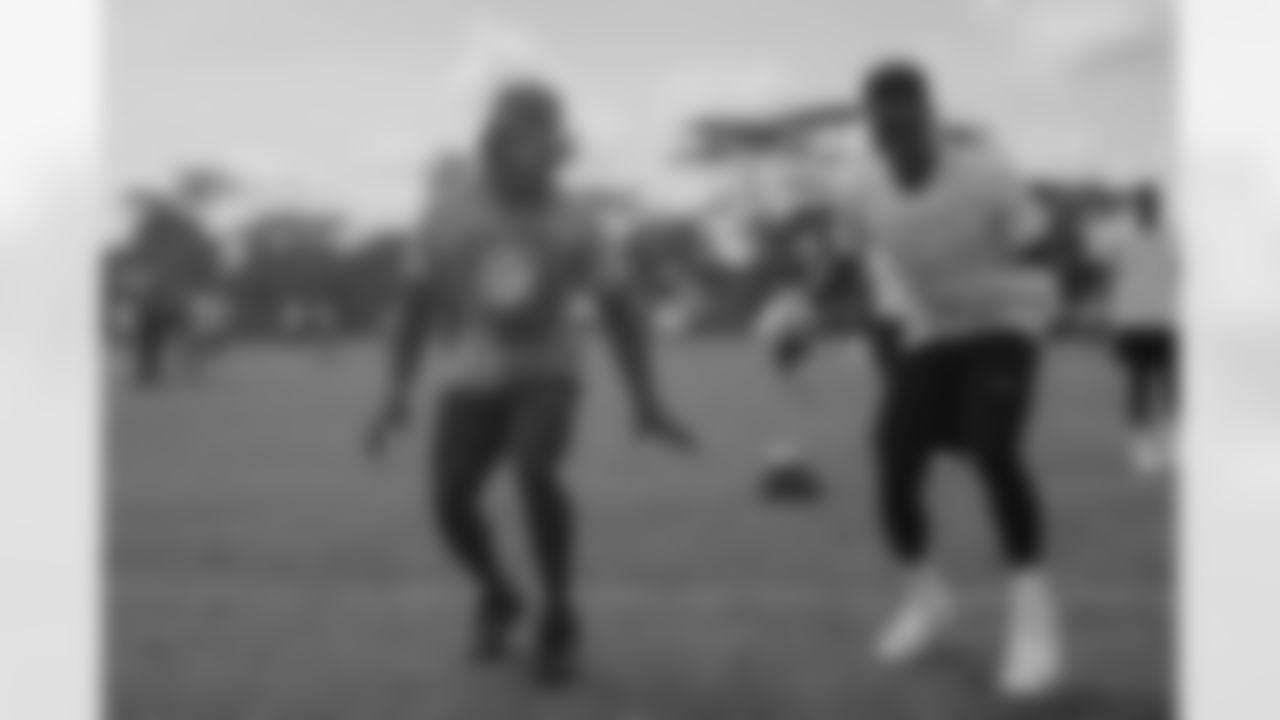
LB Brian Asamoah II
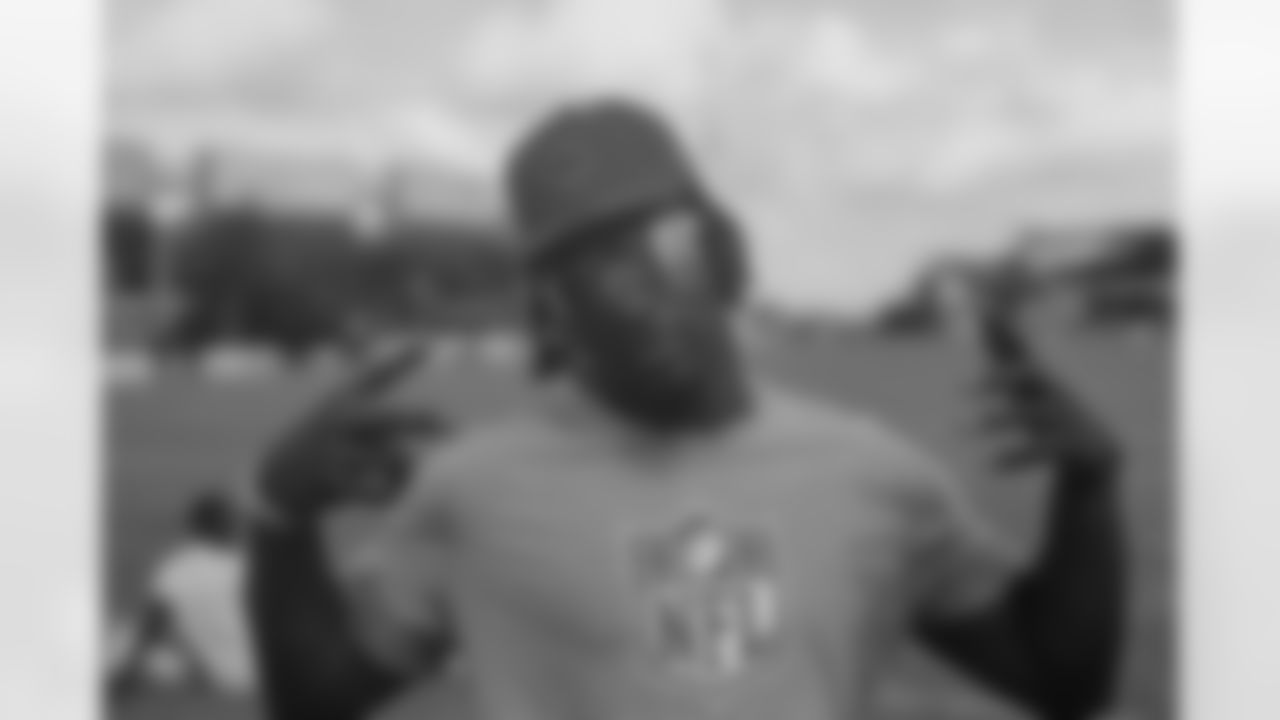
LB Brian Asamoah II
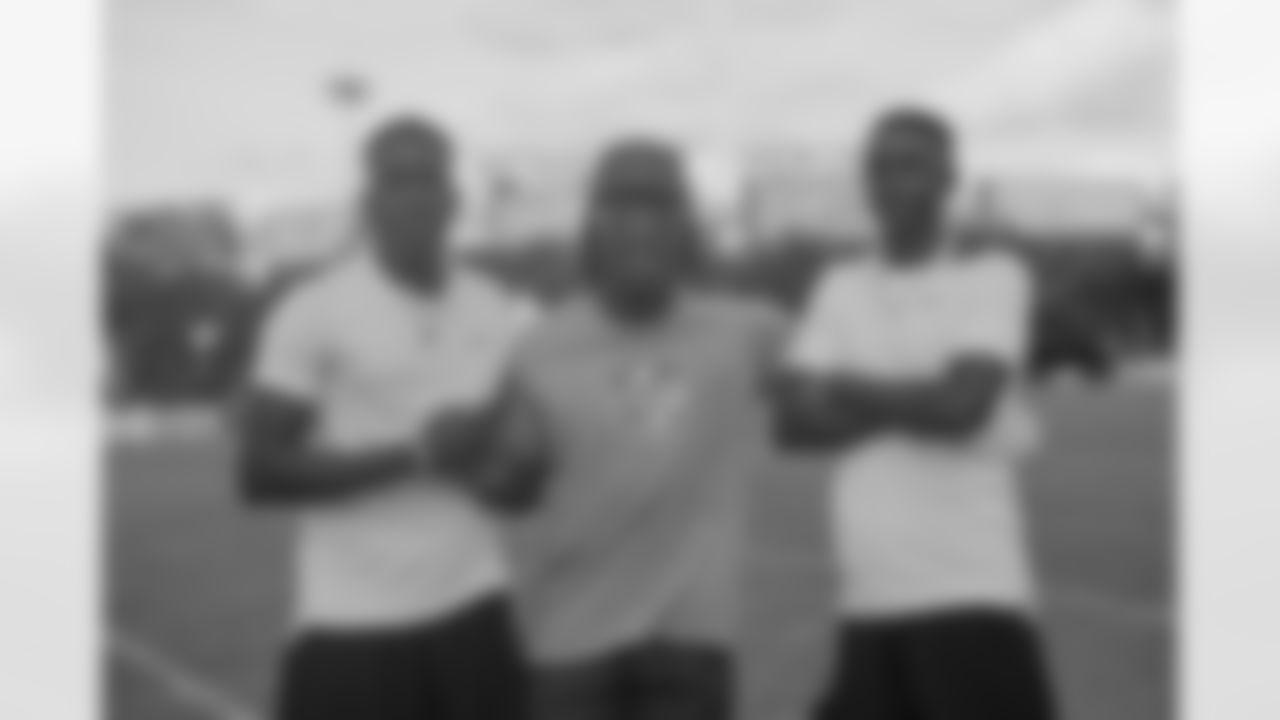
LB Brian Asamoah II

LB Brian Asamoah II

LB Brian Asamoah II

LB Brian Asamoah II

LB Brian Asamoah II

LB Brian Asamoah II

LB Brian Asamoah II

LB Brian Asamoah II

LB Brian Asamoah II

LB Brian Asamoah II
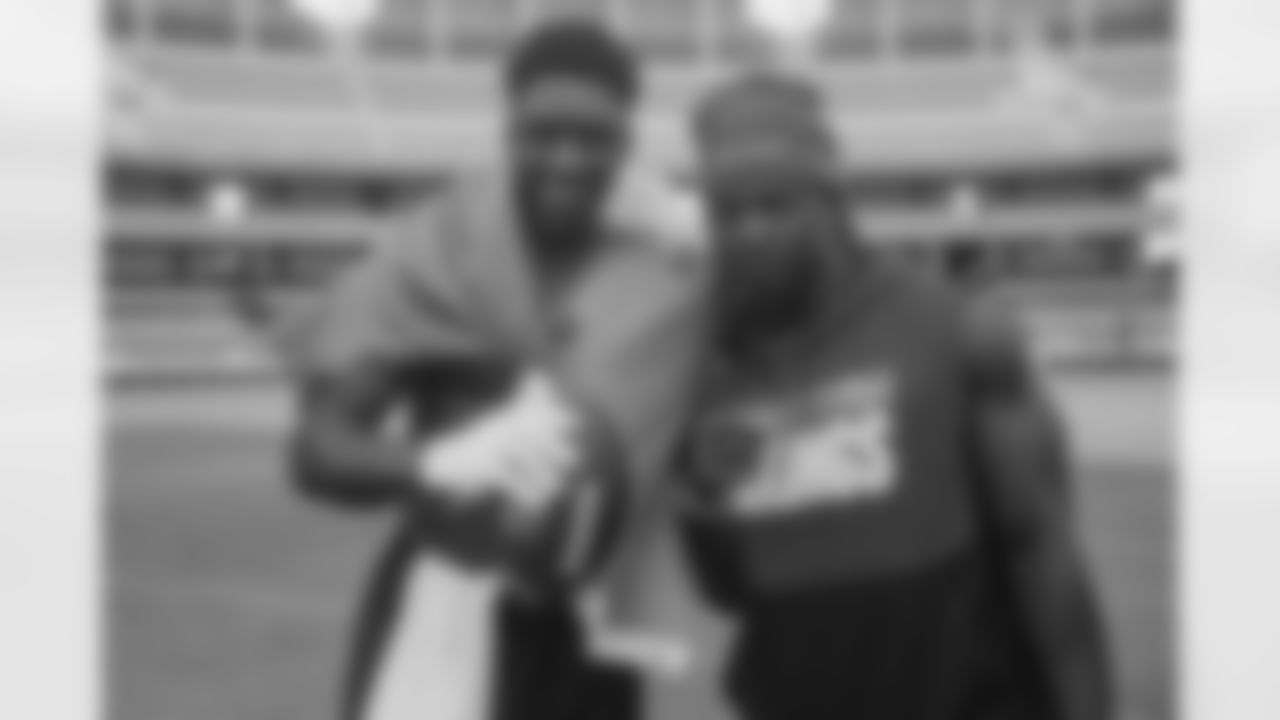
LB Brian Asamoah II

LB Brian Asamoah II

LB Brian Asamoah II
Asamoah said the practice isn't uncommon for children of African descent who were born in the United States.
"What parents sometimes do, they send their kids there for a learning experience [about their roots]," Asamoah explained.
The 23-year-old's parents immigrated to Newark, New Jersey, before Asamoah was born; when he was 2, his family relocated to Columbus, Ohio.
But though he's lived most of his life in America, Asamoah continues to be heavily influenced by his West African heritage.
"It shaped who I am today," he said.
Asamoah was humbled during that year in Ghana, recognizing even more the privileges and opportunities at his fingertips in the United States.
He also realized quickly that, at the time, American football didn't exist as a pastime in Ghana.
" 'Football,' to them, is soccer," Asamoah said. "So I was out of the sport for a year, and I was like, 'Dang, miss the it.' I knew once I got back to America that football is what I was going to do.
"The lifestyle and the culture differences, traditions, all that I was able to learn – and to realize how grateful I was to be in America – I was very appreciative when I came back to the States," he added. "And I was like, 'OK, this is what I'm going to do.' And now I'm here in the NFL."

Asamoah is entering his second pro season after being drafted 66th overall by the Vikings last spring.
Being selected by Minnesota, he's said, has felt like destiny.
He's grateful for the unique opportunity to play for Vikings General Manager Kwesi Adofo-Mensah, who also is of Ghanaian heritage.

"It's a crazy bond. It's super cool," Asamoah said. "[I can talk to Kwesi] in different languages, and he understands the culture. There are things we do that are culture and tradition, and we kind of pick up on it [with each other].
"It is pretty cool, having that opportunity to have a GM who's Ghanaian," he added. "It almost feels like we're family. Like I'm meant to be here."
Asamoah is eager to use his NFL platform as a way to further connect with his roots while also growing the game of American football internationally.

Last month, he joined NFL Africa on a six-day trip to Nairobi, Kenya, to work with youth of various ages and develop the game.
"Growing the NFL globally is a major strategic priority for the League and developing our footprint and fandom in Africa is an important part of this vision," Head of NFL Europe & Africa Brett Gosper said. "We are excited to expand NFL Africa into Kenya and look forward to creating opportunities for the next generation of African players and fans there to engage with our sport. From NFL Flag inspiring young people to play the game around the world, to building pathways for more international athletes to play in the NFL, there is a place in our sport for everyone."
According to the NFL, more than 125 players of African descent (born in Africa or first-generation born in the U.S.) from 15 countries across the continent are currently playing in the NFL.
Part of the event held in Nairobi served as a talent identification camp for promising young athletes ages 16-21. Twenty-nine prospects from African nations that included Cameroon, Kenya, Morocco, Nigeria and Senegal took part in a three-day, NFL Combine-style camp to showcase their skills.

Asamoah joined four of his NFL peers in helping support the camp: Falcons OLB Arnold Ebiketie (Cameroon), Saints CB Paulson Adebo (Benin), Panthers T Ikem Ekwonu (Nigeria) and Dolphins DE Emmanuel Ogbah (Nigeria).
The players helped coach technique and provided tips on events like the 40-yard dash and 20-yard shuttle, similar to what U.S. prospects do during the annual combine in Indianapolis.
The participants competed for invites to the NFL International Combine, NFL International Player Pathway Program, or the opportunity to join the NFL Academy in the United Kingdom.
On the back end of their time in Kenya, the five NFL players helped host a flag football camp for younger children.
"I loved teaching the kids. They didn't really understand football, so I had to come with it every single day – tap in, in the sense of being a real coach," Asamoah said. "Now I have a new level of appreciation for coaches because you have to bring it every day. These kids are trying to learn from you, so I was like, 'OK, I have to be at my best.'
"This could potentially change their lifestyle [and journey] if they're able to grasp what they're learning here and apply it on the football field," he added.
Asamoah is proud to have furthered flag football, which he said has since become a regular recess game for school children in Kenya and other African countries.
He is hopeful that players across Africa will continue to have NFL opportunities.
"There are a lot of Nigerian players in the NFL; I just think Nigeria has more exposure than a lot of other countries," Asamoah noted. "But the game is growing, and that's what NFL Africa's for – to expand and have a broader view of the talent … so we can get more players from different countries."
Spending six days in Nairobi prompted Asamoah to once again reflect on his time in Ghana 13 years ago.
"Coming from the United States to Africa, you see the differences as soon as you land," he said. "Africa is beautiful. But being more mature and grown up now, I have an even bigger love and appreciation for being in the United States because of how blessed I am.
"Here, it's kind of the land of opportunity. In Africa, there aren't as many opportunities because of the lack of resources," he added. "It makes you more appreciative of what you have here because a lot of kids go back to homes that are not what we see here."

Though he's grateful to call the U.S. home, Asamoah is deeply proud of his heritage and what it means to be Ghanaian in America.
He has enjoyed the opportunity to share his heritage with Vikings teammates, both through organic conversations and experiences, as well as organized events such as last season's jollof rice cook-off.
"The guys got an opportunity to eat jollof rice for the first time and choose which one was better. Unfortunately Ghana lost – I think because the judge was Nigerian," quipped Asamoah of Vikings Head Performance Dietician Remi Famodu-Jackson.
"I've brought a lot of food outside the facility to my teammates, too, like J.J. (Justin Jefferson) and Dalvin [Cook]," he added. "It's pretty cool. I look forward to doing more things like that – introducing my friends to the culture."















